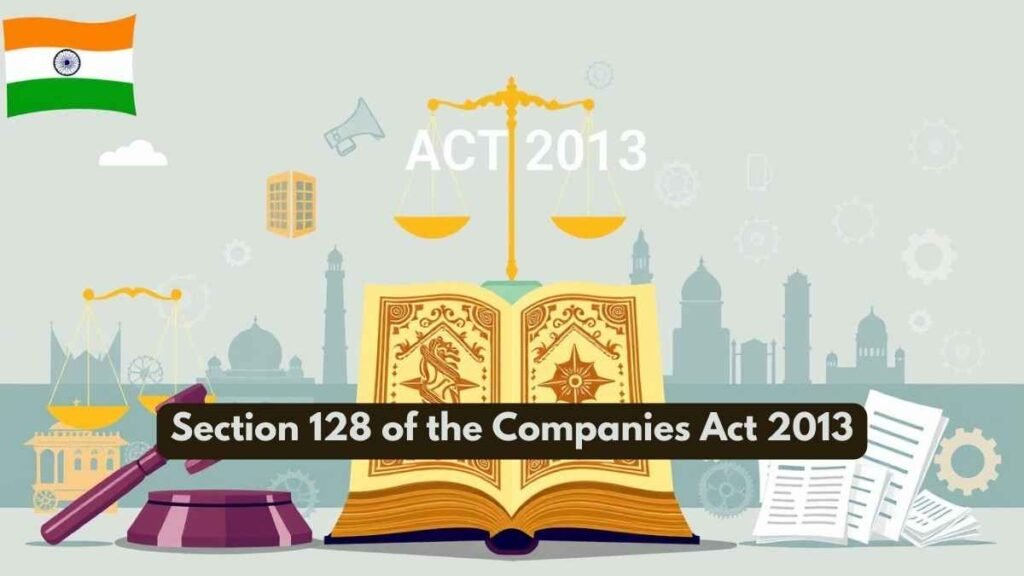Section 189 of the Companies Act 2013: Key Facts and Insights
We will explore the importance of Section 189 of the Companies Act 2013. It requires companies to keep a register of contracts where directors have interests. This ensures transparency and prevents conflicts of interest. The Companies Act 2013, Section 189, is key in regulating these contracts. The register of contracts is a vital part of […]








